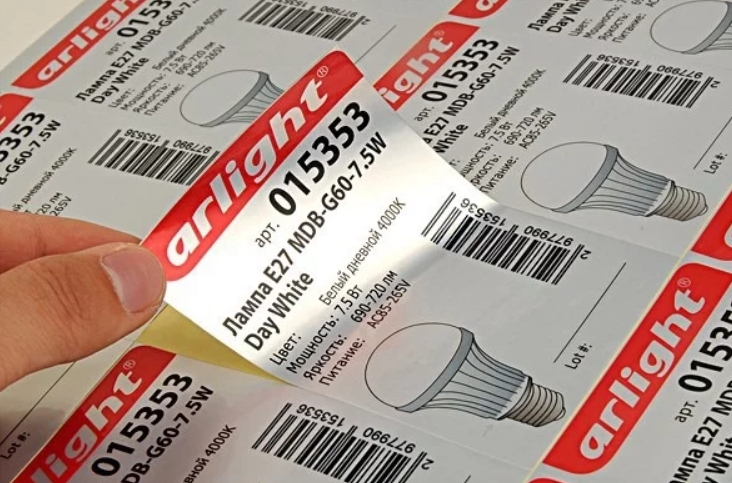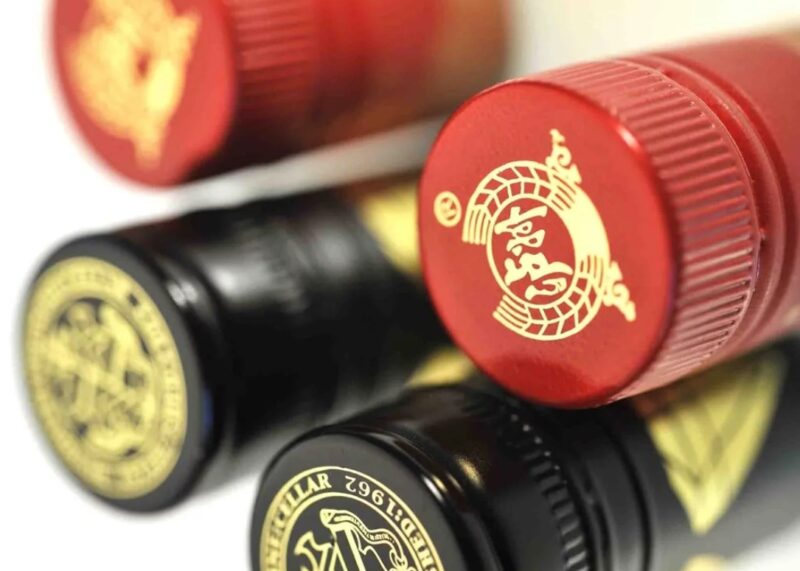Ever wondered, “How is logo printing done?” or “What are the various ways to add my logo to a product?” We’ve got you covered! Many customers have reached out with these questions, and our team is here to share 12 insightful methods that factories might not always reveal.
1. Silk Screen Printing

Silk screen printing involves creating a stencil of your logo on a silk screen, allowing ink to pass through the stenciled image. Ideal for stationery, clothes, toys, and more. Offers dependable, durable prints with a rich history dating back over 2000 years in China.

2. Pad Printing
Also known as “Ink pick-up and transfer,” pad printing uses a silicone pad to pick up and transfer ink from an etched logo design. Perfect for electronic products, stationery, and personalized items like pens and cups. Suitable for curved edges and smaller designs.

3. Heat-Transfer Printing

Also called sublimation printing, heat-transfer involves using a computer to layout the logo, which is then heat-pressed onto the product. Creates glossy, bright-colored prints, making it ideal for ceramic kitchenware, fabric, and personalized items. Suitable for small quantities and logos with more than four colors.

Opting for heat-transfer becomes advantageous when dealing with a LIMITED order quantity and if your logo design involves more than four (4) colors.
No Minimum Order Quantity (MOQ) is necessary; we gladly accept orders starting from just one piece. However, it’s essential to note that the printing fee is relatively higher compared to the initial two techniques, namely silk screen and pad printing. Generally, as the size of the logo increases, the printing fee also escalates. For instance, a logo measuring 15x15cm incurs a printing fee of approximately 65USD.
4. Embroidery

This method employs an embroidery machine to reproduce your logo or pattern, offering the flexibility to print a diverse range of designs featuring various colors and patterns on the textile of your preference.
Ideal for items such as cloth bags, shirts, caps, and personalized or souvenir products like schoolbags and knitted hats, this logo printing technique is commonly applied to textile goods. It excels in creating vibrant and three-dimensional patterns and logos.
Utilizing a reliable embroidery machine is crucial for achieving a well-executed embroidered logo, with no restrictions on the number of colors in the design. However, it’s essential to note that a Minimum Order Quantity (MOQ) of at least 500 pieces per order is required, and the production time extends to 15-20 days.
5. Jacquard Knitted

Jacquard knitted involves entering the design into a machine that automatically knits the cloth. Great for scarves, knitted gloves, and banners, with a minimum order of 500pcs and a production time of 20-25 days.
6. UV Printing

7. Laser Engraving
Laser engraving uses laser light to create patterns on surfaces, offering the lowest cost compared to other techniques. Ideal for metal, wood, glass, and personalized items. No minimum order, making it perfect for one-piece orders.
UV printing, or digital printing, uses photosensitizer ink and UV light to print on almost any material. Suitable for toys, banners, and personalized items. No minimum order, but costs vary based on printing size.


There are two types of lasers:
A. Cool laser – employed for engraving on metal products, it functions akin to a mini-hammer, creating indentations on the metal surface. The indented portions reveal the inner color of the metal in accordance with the specified design or pattern.
B. Heat laser – utilized for engraving on non-metal products, it works by concentrating a light beam onto the product’s surface, causing a slight burn that follows the design or pattern.
Laser engraving is applicable to various surfaces, including metal, wood, glass, plastic, leather, and a range of personalized or souvenir items like keychains, crystal trophies, wood coasters, beer openers, and more.

8. Offset Printing

Offset printing utilizes rollers to transfer the design onto paper. Two upper rollers maintain the ink supply to the plate cylinder, which, in turn, transfers the design to the offset cylinder. The impression cylinder then continuously prints on the paper in a cyclic process.
In a span of two minutes, the printer can produce up to 100 pieces of paper.
This printing method, carried out by offset printing machines, is well-suited for a variety of applications such as packing materials, books, newspapers, and personalized or souvenir items like calendars, packaging boxes, playing cards, etc.
Known for its speed and high-quality output, offset printing, though efficient, typically comes with a higher Minimum Order Quantity (MOQ) requirement, set at a minimum of 1000 pieces per order. However, if your requirement is only 200 pieces and you prefer offset printing, many print factories will accommodate this request for a minimal handling fee.
9. Sticker (Label) Printing

Sticker printing is a straightforward way to add a logo. Ideal for barcodes and glass bottle decorations. Easily removable, best for short-term use.
10. Crystal Epoxy Sticker Printing
Similar to sticker printing but with added AB glue for a 3D feel. Waterproof and scratch-resistant, suitable for toys and jewelry. No minimum order; one-piece orders accepted.


11. Hot Stamp Printing

Hot stamp printing uses a heated die and foil to create a classy, expensive look. Ideal for leather items and gift cards. Minimum order applies, and the molding fee for a 5x3cm logo is 65USD.

12. Debossed & Embossed Printing

Creates a mold with a debossed/embossed logo, injecting or stamping it onto the product. Suitable for silicone and rubber items. Molding fee varies based on material and size.
Explore these diverse logo printing techniques to elevate your brand and products. From traditional methods like silk screen printing to advanced UV printing, each offers unique benefits for showcasing your logo.

Are you searching manufacturer who can supply you with low order quanitiy and good price. Fill out the information below, and our manager will contact you. delivery globally.




